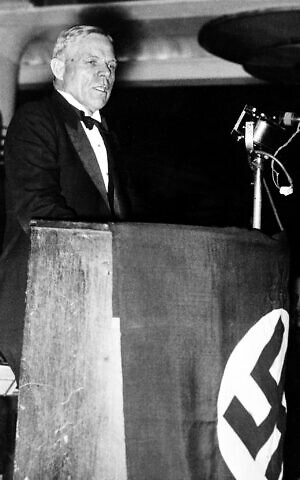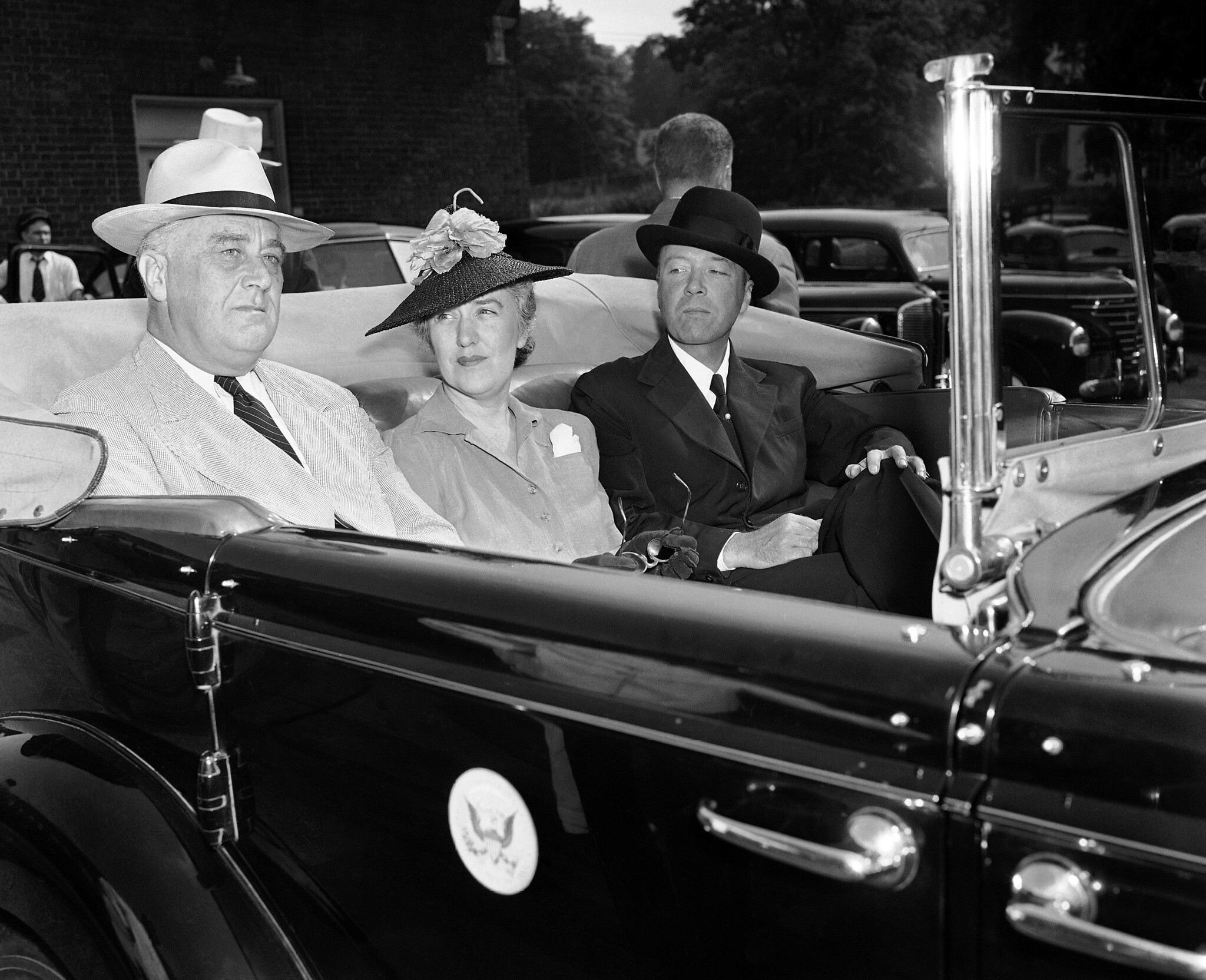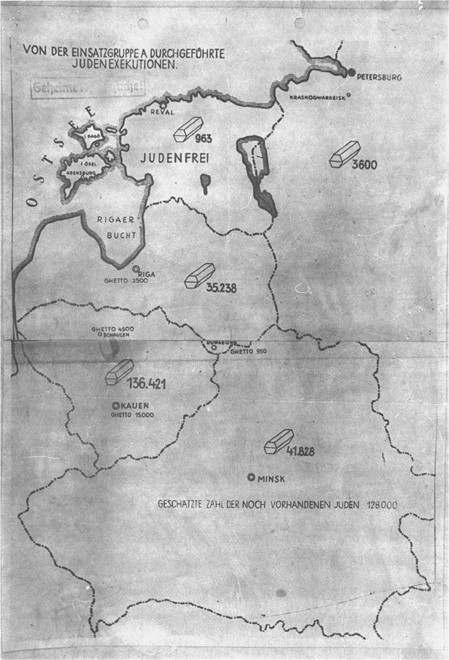When Roosevelt first took office in 1933, he had limited foreign-policy interests – while the public had significant isolationist tendencies, a legacy of WWI. McKean also noted sizable hostility toward immigration among Americans of the day.
“It was not an issue the American people accepted as something we should take interest in,” said McKean. “Waves of European immigrants were never a popular issue. The United States, frankly, was also quite an antisemitic country at the time.”
However, first lady Eleanor Roosevelt overruled Long when it came to saving the mostly Jewish passengers on the refugee ship SS Quanza in 1940.
“She was clearly a great humanitarian and in many ways Franklin’s political conscience,” McKean said.
In one chapter of the book, the Roosevelts are having breakfast, each reading the morning paper. When the first lady learns that Long is impeding immigration, she becomes furious: “Franklin, you know he’s a fascist!”
Dr. William E. Dodd, United States Ambassador to Germany, speaks at the Festival for International Exchange of Pupil at a Berlin concert hall May 29, 1935. (AP Photo)
“She was a truth-teller,” McKean reflects, “with a very honest humanitarian streak.”
McKean cited similar reasons for his admiration of Dodd, calling him “sort of the unwavering moral compass… I think he told Roosevelt the truth.”
As the book explains, Dodd was hardly philo-Semitic when he took up his ambassadorship in 1933. Although he rented two floors of a posh Berlin residence from a wealthy Jewish businessman and his family who lived on the third floor, he failed to recognize their motivations in renting it out to him.
“Dodd was so happy to get the apartment at a good rate that he did not recognize that the family living on the third floor did this hoping for American protection,” McKean said.
However, following his first meeting with Hitler, Dodd saw the Nazis as they really were. “They were evil, to put it simply,” McKean said.
(full article online)
In new book 'Watching Darkness Fall,' former US ambassador David McKean illustrates how antisemitism, apathy and internal politics set America back in the war against Germany

www.timesofisrael.com






